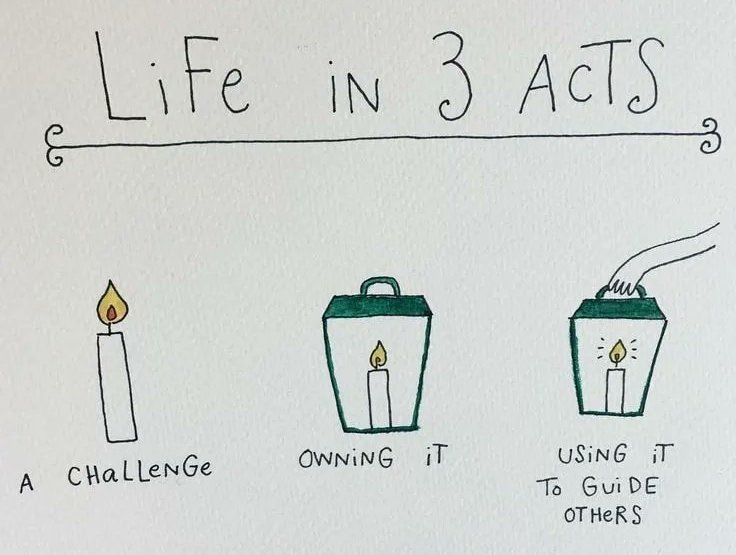Why are these skills important?
1. Communication
I think communication is all about sharing thoughts, ideas, and questions. Communication can come in many it’s not just speaking verbally as non-verbal cues such as hand gestures and facial expressions are just as important. And nowadays, as we live in a digital world, it is also important to learn how to responsibly navigate digital spaces.
2. Collaboration
I think the ability to collaborate and work together to reach a common goal is a skill worth practicing. Problem solving and tackling issues in which are bigger is essential if you want a career in any field.
3. Critical Thinking
I think by looking at problems in a new way and simply asking “Why?” in today’s world where we can get information at the click of a button, a large part of critical thinking is being able to look at information and decide if it is credible or not.
4. Creativity
I think being creative is trying new approaches to solve problems by simply thinking outside the box in any area. Creativity can be taught and fostered by encouraging your team to try new things and by creating a safe space for them to express themselves.





















